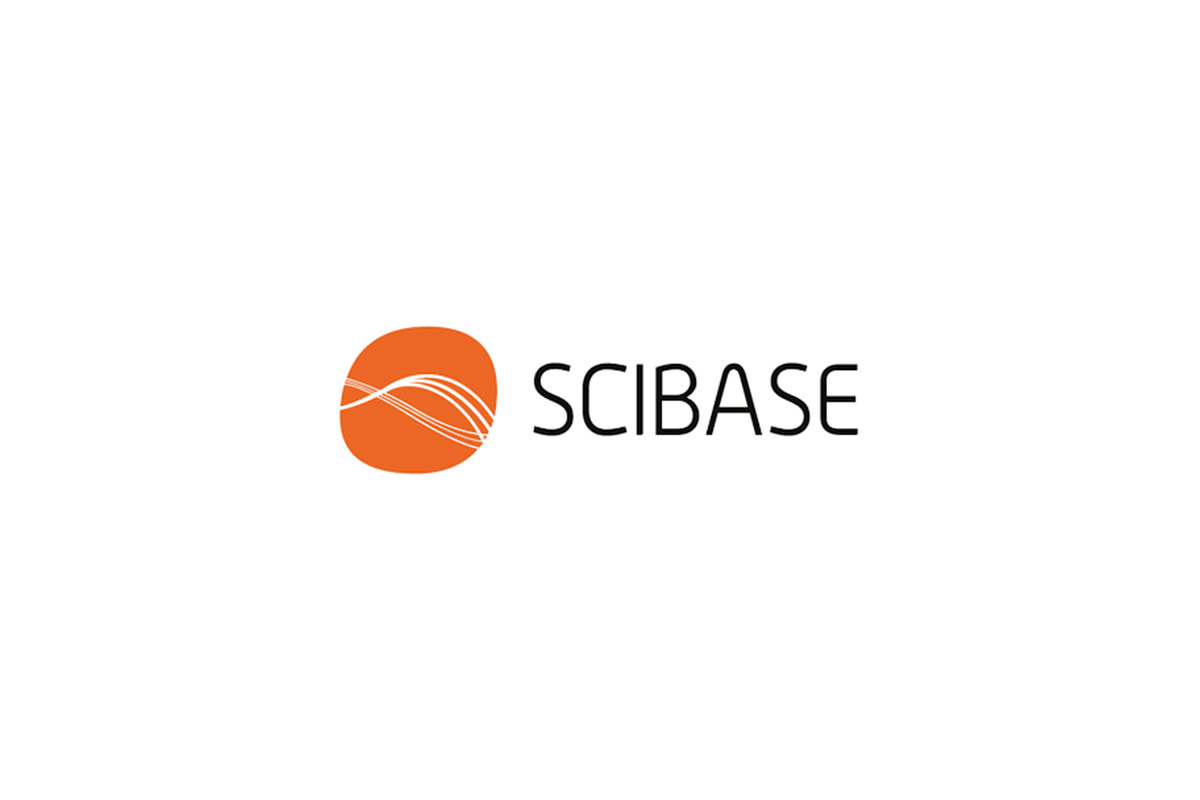SciBase Holding AB (“SciBase”) [STO:SCIB], a leading developer of augmented intelligence-based solutions for skin disorders, announced today the publication of a new clinical study supporting SciBase’s strategy to develop multiple clinical applications for the Nevisense and Nevisense Go platforms.
The study is from the Swiss institute of Allergy and Asthma Research (SIAF) and has been published in the European Journal of Allergy and Clinical Immunology (Allergy). In the study Nevisense was used to assess the skin barrier of patients with atopic dermatitis (AD) and could accurately detect signs of atopic dermatitis even on unaffected skin. The Nevisense measurement also correlated with relevant biomarkers for atopic dermatitis.
SIAF, based in Davos, is a world leader within applied allergy and asthma research. SIAF is headed by Director Cezmi Akdis, who is also Professor of the University of Zurich Medical Faculty and one of the directors of the Christine Kühne Center for Allergy Research and Education.
Professor Akdis said, “Personalized and precision medicine is becoming one of the most exciting areas in all of medicine. Our research group has proposed the “epithelial barrier hypothesis”, which asserts that defective epithelial skin barriers are the main reason for the initiation and increase of allergic and autoimmune conditions such as asthma, atopic dermatitis and inflammatory bowel disease. Furthermore, leakiness of the gut epithelium is also implicated in conditions such as diabetes, obesity, multiple sclerosis, rheumatoid arthritis and others. Moreover, distant microinflammatory responses due to a ‘leaky gut’ and microbiome changes are suspected in Alzheimer’s disease, Parkinson’s disease, chronic depression and autism spectrum disorders.
Defective skin barrier is an important part of the “epithelial barrier hypothesis”. Atopic dermatitis alone affects more than 10% of infants, and represents a huge health and socioeconomic burden. Skin barrier assessment shows potential to be clinically useful for early prediction of disease development, improved diagnosis, disease follow-up and therapy evaluation.
This study shows that the Nevisense method can directly assess the status of epithelial barrier using electrical impedance spectroscopy (EIS). EIS was able to assess epithelial skin barrier integrity, differentiate between patients and controls without AD and characterize lesional and non-lesional skin of patients. EIS also showed a significant correlation with biomarkers associated with inflammatory pathways that may affect the skin barrier. Furthermore, copy numbers of filaggrin, an essential skin barrier molecule significantly correlated with EIS on non-lesional skin of patients. These findings that are presented in the article strongly indicates that Nevisense and the EIS method is a useful tool to detect skin barrier dysfunction.’
SciBase CEO Simon Grant commented, “This is an exciting new application area for SciBase, and one where we have unique advantages. Barrier-related diseases are widespread, and assessment of the barrier can help better understand and treat patients. The study illustrates the potential for Nevisense to become a valuable tool for clinicians within AD and other epithelial barrier-related diseases. We see a number of applications with broad market potential, and we are working with SIAF and others to develop clinical products. For SciBase this an important milestone in our strategy to develop multiple clinical applications using our unique technology platform.”














Got a Questions?
Find us on Socials or Contact us and we’ll get back to you as soon as possible.